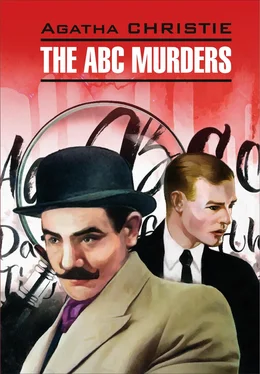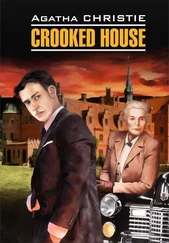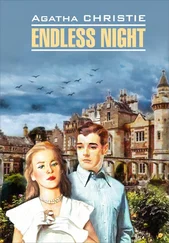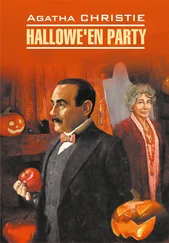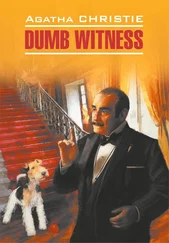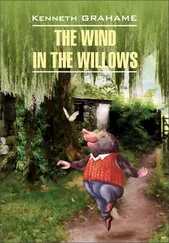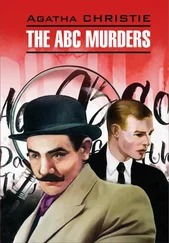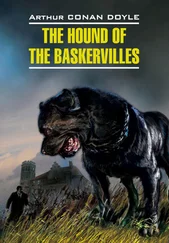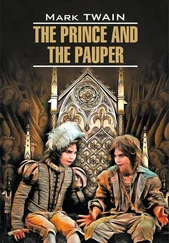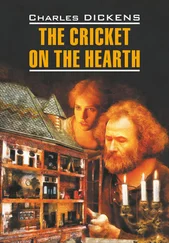‘Always daring, you decided that one more murder must take place but this time the trail must be well blazed.
‘You selected Doncaster for the scene of operations.
‘Your plan was very simple. You yourself would be on the scene in the nature of things. Mr Cust would be ordered to Doncaster by his firm. Your plan was to follow him round and trust to opportunity. Everything fell out well. Mr Cust went to a cinema. That was simplicity itself. You sat a few seats away from him. When he got up to go, you did the same. You pretended to stumble, leaned over and stabbed a dozing man in the row in front, slid the А В C on to his knees and managed to collide heavily with Mr Cust in the darkened doorway, wiping the knife on his sleeve and slipping it into his pocket.
‘You were not in the least at pains [327] to be at pains – прилагать усилия
to choose a victim whose name began with D. Anyone would do! You assumed—and quite rightly—that it would be considered to be a mistake. There was sure to be someone whose name began with D not far off in the audience. It would be assumed that he had been intended to be the victim.
‘And now, my friends, let us consider the matter from the point of view of the false А В C—from the point of view of Mr Cust.
‘The Andover crime means nothing to him. He is shocked and surprised by the Bexhill crime—why, he himself was there about the time! Then comes the Churston crime and the headlines in the newspapers. An А В C crime at Andover when he was there, an А В C crime at Bexhill, and now another close by… Three crimes and he has been at the scene of each of them. Persons suffering from epilepsy often have blanks when they cannot remember what they have done… Remember that Cust was a nervous, highly neurotic subject and extremely suggestible.
‘Then he receives the order to go to Doncaster.
‘Doncaster! And the next ABC crime is to be in Doncaster. He must have felt as though it was fate. He loses his nerve [328] to lose one’s nerve – терять самообладание
, fancies his landlady is looking at him suspiciously, and tells her he is going to Cheltenham.
‘He goes to Doncaster because it is his duty. In the afternoon he goes to a cinema. Possibly he dozes off for a minute or two.
‘Imagine his feelings when on his return to his inn he discovers that there is blood on his coat sleeve and a bloodstained knife in his pocket. All his vague forebodings leap into certainty.
‘ He—he himself—is the killer! He remembers his headaches—his lapses of memory. He is quite sure of the truth— he, Alexander Bonaparte Cust, is a homicidal lunatic.
‘His conduct after that is the conduct of a hunted animal. He gets back to his lodgings in London. He is safe there—known. They think he has been in Cheltenham. He has the knife with him still—a thoroughly stupid thing to do, of course. He hides it behind the hall stand.
‘Then, one day, he is warned that the police are coming. It is the end! They know!
‘The hunted animal does his last run…
‘I don’t know why he went to Andover—a morbid desire, I think, to go and look at the place where the crime was committed—the crime he committed though he can remember nothing about it…
‘He has no money left—he is worn out… his feet lead him of his own accord [329] of one’s own accord – добровольно
to the police station.
‘But even a cornered beast will fight. Mr Cust fully believes that he did the murders but he sticks strongly to his plea of innocence. And he holds with desperation to that alibi for the second murder. At least that cannot be laid to his door [330] to lay to one’s door – приписывать кому-либо
.
‘As I say, when I saw him, I knew at once that he was not the murderer and that my name meant nothing to him. I knew, too, that he thought himself the murderer!
‘After he had confessed his guilt to me, I knew more strongly than ever that my own theory was right.’
‘Your theory,’ said Franklin Clarke, ‘is absurd!’
Poirot shook his head.
‘No, Mr Clarke. You were safe enough so long as no one suspected you. Once you were suspected proofs were easy to obtain.’
‘Proofs?’
‘Yes. I found the stick that you used in the Andover and Churston murders in a cupboard at Combeside. An ordinary stick with a thick knob handle. A section of wood had been removed and melted lead poured in. Your photograph was picked out from half a dozen others by two people who saw you leaving the cinema when you were supposed to be on the race-course at Doncaster. You were identified at Bexhill the other day by Milly Higley and a girl from the Scarlet Runner Roadhouse, where you took Betty Barnard to dine on the fatal evening. And finally—most damning of all—you overlooked a most elementary precaution . You left a fingerprint on Cust’s typewriter—the typewriter that, if you are innocent, you could never have handled .’
Clarke sat quite still for a minute, then he said:
‘Rouge, impair, manqué [331] Rouge, impair, manqué (фр.) – Красное, нечетное, не вышло
!—you win, M. Poirot! But it was worth trying!’
With an incredibly rapid motion he whipped out a small automatic from his pocket and held it to his head.
I gave a cry and involuntarily flinched as I waited for the report.
But no report came—the hammer clicked harmlessly.
Clarke stared at it in astonishment and uttered an oath.
‘No, Mr Clarke,’ said Poirot. ‘You may have noticed I had a new manservant today—a friend of mine—an expert sneak thief. He removed your pistol from your pocket, unloaded it, and returned it, all without you being aware of the fact.’
‘You unutterable little jackanapes of a foreigner!’ cried Clarke, purple with rage.
‘Yes, yes, that is how you feel. No, Mr Clarke, no easy death for you. You told Mr Cust that you had had near escapes from drowning. You know what that means—that you were bom for another fate.’
‘You —’
Words failed him. His face was livid. His fists clenched menacingly.
Two detectives from Scotland Yard emerged from the next room. One of them was Crome. He advanced and uttered his time-honoured formula: ‘I warn you that anything you say may be used as evidence.’
‘He has said quite enough,’ said Poirot, and he added to Clarke: ‘You are very full of an insular superiority, but for myself I consider your crime not an English crime at all—not above-board—not sporting —’
I am sorry to relate that as the door closed behind Franklin Clarke I laughed hysterically.
Poirot looked at me in mild surprise.
‘It’s because you told him his crime was not sporting,’ I gasped.
‘It was quite true. It was abominable—not so much the murder of his brother—but the cruelty that condemned an unfortunate man to a living death. To catch a fox and put him in a box and never let him go! That is not le sport!’
Megan Barnard gave a deep sigh.
‘I can’t believe it—I can’t. Is it true?’
‘Yes, mademoiselle. The nightmare is over.’
She looked at him and her colour deepened.
Poirot turned to Fraser.
‘Mademoiselle Megan, all along, was haunted by a fear that it was you who had committed the second crime.’
Donald Fraser said quietly:
‘I fancied so myself at one time.’
‘Because of your dream?’ He drew a little nearer to the young man and dropped his voice confidentially. ‘Your dream has a very natural explanation. It is that you find that already the image of one sister fades in your memory and that its place is taken by the other sister. Mademoiselle Megan replaces her sister in your heart, but since you cannot bear to think of yourself being unfaithful so soon to the dead, you strive to stifle the thought, to kill it! That is the explanation of the dream.’
Читать дальше
Конец ознакомительного отрывка
Купить книгу
